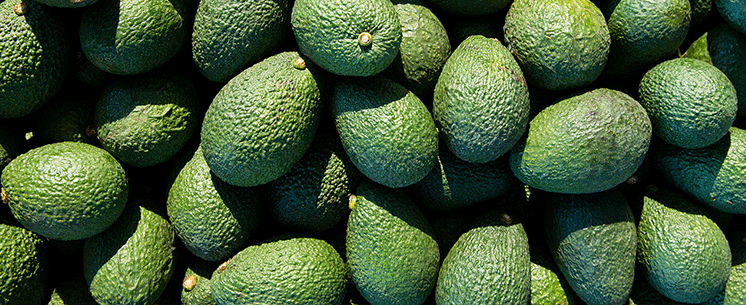
Several farmers drawn from different farmers groups in Murang’a County have in recent days received Global G.A.P. Certification.
The certification has been achieved under the Netherlands Trust Fund (NTF) III, Kenya Avocado project, implemented by International Trade Centre (ITC), the Dutch Centre for the Promotion of Imports from developing countries (CBI) and funded by the Dutch Ministry of Foreign Affairs.
Global G.A.P. stands for Global Good Agricultural Practice and is a private standard that sets out requirements for farming processes and food safety. It is one of the most prevalent certifications required for the European market.
The certification has opened doors for Kenyan exporters to build more long-term relationships with European buyers. It comes with numerous benefits which includes; access to new business opportunities, especially in the European market, and the ability to earn higher incomes through price increase for their now-certified products.
The first step to achieving certification was the establishment of one-to-one linkages facilitated by the project between the farmers groups and exporters in 2015. The approach included localization and identification of farmers groups, as well as identification of individual farmers, the varieties and number of their avocado trees. Based on theses, the farmers’ capabilities of meeting the needs of Kenyan exporters in terms of volume and quality were analyzed and contractual agreements were signed and hence fixed prices and terms of delivery for each group were set.
Last year, the farmers groups and technical advisers of each exporting company received training on Global G.A.P compliance and audit requirements. This included activities such as the development of individual quality management systems and the implementation of internal audits.
In each farmers group, harvesting and hygiene supervisors were selected and trained on specific aspects such as record keeping and post-harvest handling as well as Hazard Analysis Critical Control Point (HACCP).
The certification has led to job creation and farmers are now taking on more responsibilities along the avocado value chain. Previously, they worked with middlemen who harvested and collected avocados, leading to unreliable practices and prices. Using this new model, farmers are earning on average two times more than what they used to earn.
Exporters supported the farmers groups by investing in infrastructure, including collection sheds, first aid boxes, offices and hygiene facilities that are required for Global G.A.P. Certification. They are planning to invest in additional groups in coming years to increase their volume of Global G.A.P. certified avocados and tap into the increasing demand for avocados in the European market. The beneficiary companies have promised to make the certification sustainable and impactful to small holder farmers.

